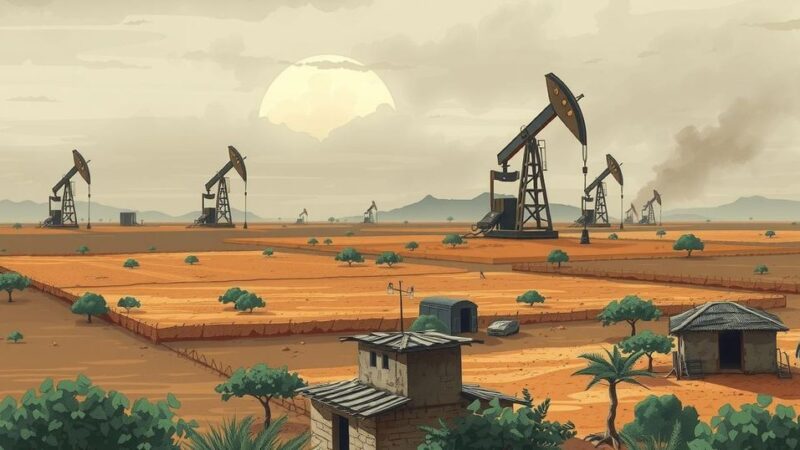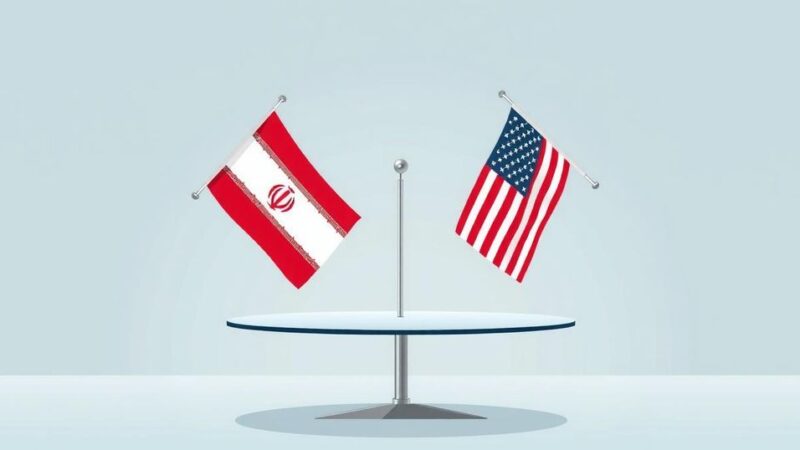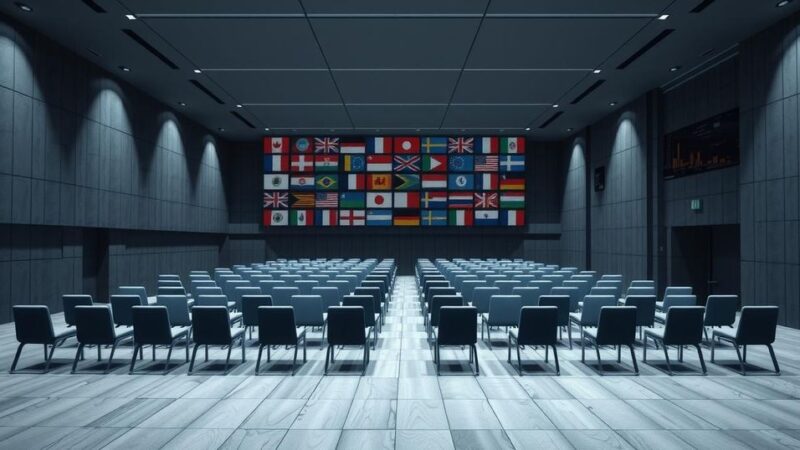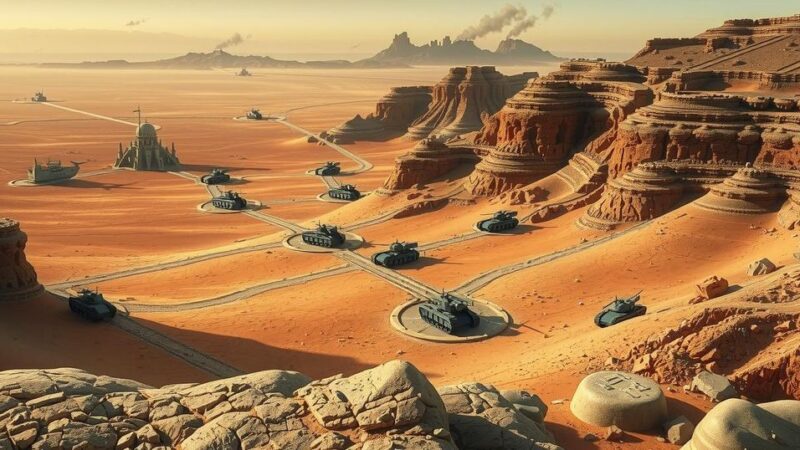M23, a rebel group in Congo, recently seized Goma, mirroring Putin’s tactics in Ukraine. Rwanda arms and directs M23, claiming to protect Congolese Tutsis, while exacerbating the humanitarian crisis. The situation raises concerns about the decay of international norms against territorial expansion and demands increased global scrutiny and firm action against Rwanda’s aggressive behavior.
The recent seizure of Goma, the largest city in eastern Congo, by the M23 rebel group has caused significant turmoil, resulting in casualties among UN peacekeepers and forcing vast numbers of residents to flee. To comprehend these events, it is beneficial to draw a parallel with Vladimir Putin’s annexation of Donbas in Ukraine in 2014, where Russia utilized local separatists as a pretext for military intervention, insisting they were defending ethnic Russians in the region.
Similarly, Rwandan President Paul Kagame employs tactics akin to Putin’s in Eastern Congo. The M23 rebels, armed and backed by Rwanda, claim to protect Congolese Tutsis from supposed threats, a peril that is arguably overstated. Rwanda uses M23 as a proxy to assert control over Congolese territory while publicly denying direct involvement, despite evidence of Rwandan troops on the ground in Congo.
These developments exacerbate Congo’s dire humanitarian situation, where ongoing violence has displaced approximately eight million people. The rampant abuses in the region include rampant sexual violence and the systematic plundering of natural resources, such as gold. Many observers have noted the inconsistency as Rwanda emerges as a significant gold exporter, despite its lack of domestic gold production.
Though the parallels between the situations in Russia and Rwanda are not exact, the implications remain alarming. Unlike in Ukraine, where there is a formal annexation, Rwanda’s actions resemble the establishment of a puppet state within Congo’s borders. There are concerns that Kagame’s ultimate objective may be the overthrow of the Congolese government.
Rwanda’s aggressive behavior in Congo is symptomatic of a deteriorating international order. Previous taboos against territorial acquisition are weakening, as evidenced by conflicts involving Russia, China, and others. In such an environment, it is understandable for leaders around the world to entertain the notion of imperialism as making a resurgence.
Rwanda’s interference in Congo is not a recent phenomenon; it dates back to M23’s initial assault on Goma in 2012. At that time, international pressure led to a retreat of Rwandan forces and a successful UN intervention to suppress M23. However, the current geopolitical landscape presents a weaker UN presence, and Rwanda’s alliances have grown, drawing support from countries such as China, Qatar, and Turkey.
Western nations find themselves in a bind; while some harbor admiration for Rwanda due to its relative stability and effective governance, this can cloud moral judgment regarding Kagame’s militaristic pursuits. Heightened international scrutiny and pressure on Kagame’s regime is imperative, as foreign aid remains a significant leverage point for influencing Rwandan policy.
In conclusion, firm action from donors, particularly the United States, and increased solidarity among African nations is essential. Allowing Rwanda to continue its ambitions unchecked poses a grave threat to international norms regarding sovereignty and territorial integrity. Without decisive intervention, a precedent will be set that may invite further aggression by powerful nations against weaker ones.
The current situation in Congo is marked by recurring conflicts that have led to significant instability and humanitarian crises. The M23 rebel group’s recent activities highlight the complex geopolitical dynamics in the region, reminiscent of historical territorial disputes in Ukraine. Understanding this context is crucial for recognizing the broader implications of Rwanda’s involvement in the Congo conflict and the international community’s response.
In summary, the actions of Rwanda in Congo pose serious challenges to both regional stability and global norms regarding territorial integrity. It is vital for the international community to hold Rwanda accountable and apply diplomatic pressure to deter further aggressive moves. Without concerted efforts, the situation may worsen, leading to a devastating cycle of conflict and exploitation.
Original Source: www.hindustantimes.com






